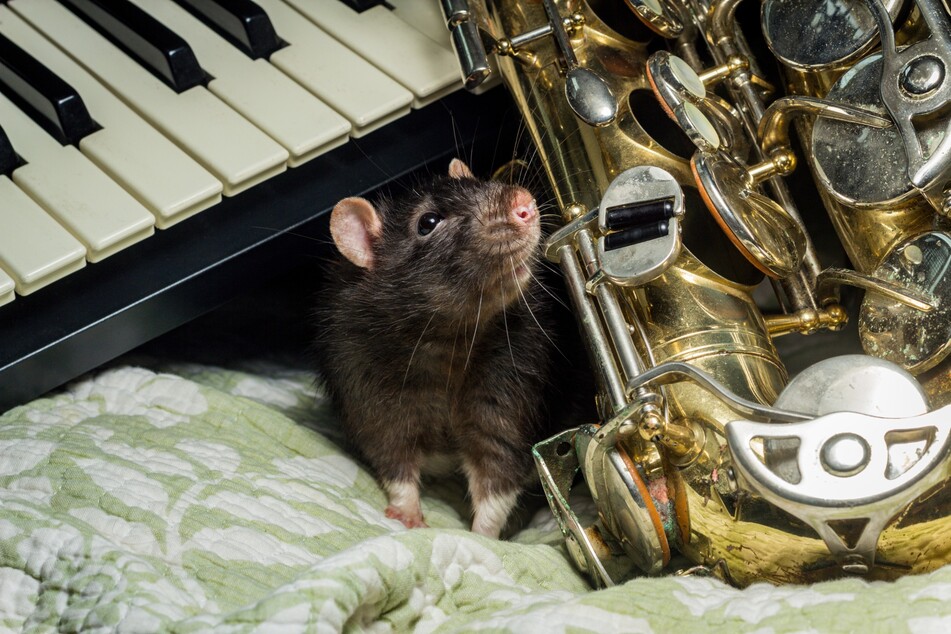Rats can rock out to Mozart, according to a new study
Tokyo, Japan - A new study shows that some animals may share our unique ability to groove to the beat, with researchers finding that rats can rock to the rhythm of Mozart.

Rocking out may not be as uniquely human as previously thought.
Researchers at the University of Tokyo found that rats' beat synchronicity came from the time constant of their brains and not their bodies, per NPR.
This brain time constant, or the speed at which our brains can respond to something, is similar across species.
According to the study, moving to the beat was previously considered to be a "skill innately unique to humans." This study proves that we may not be alone in that ability to get down to the beat.
"Rats displayed innate – that is, without any training or prior exposure to music – beat synchronization most distinctly within 120-140 bpm (beats per minute), to which humans also exhibit the clearest beat synchronization," said University of Tokyo Associate Professor Hirokazu Takahashi.
Rats didn't just listen to Mozart

In the study, scientists outfitted 10 rodents and 20 human participants with wireless accelerometers to measure their head movements.
Then they played one-min bits from Sonata for two pianos (K.448) by Mozart at four different tempos – 75%, 100%, 200% and 400% of the original speed. The original tempo of Mozart's classic is 132bpm. Both rats and humans' clearest synchronicity is in a range of 120-140bpm.
The team found that humans and rats bop their heads to the beat in a similar rhythm, and that both animals' head movements decreased the more the music was sped up.
The study focused on responses to Mozart, but scientists also played four other songs: Lady Gaga's Born This Way, Queen's Another One Bites the Dust, Michael Jackson's Beat It, and Maroon 5's Sugar.
Cover photo: collage: 123rf/olenaboldyreva/ photografier
